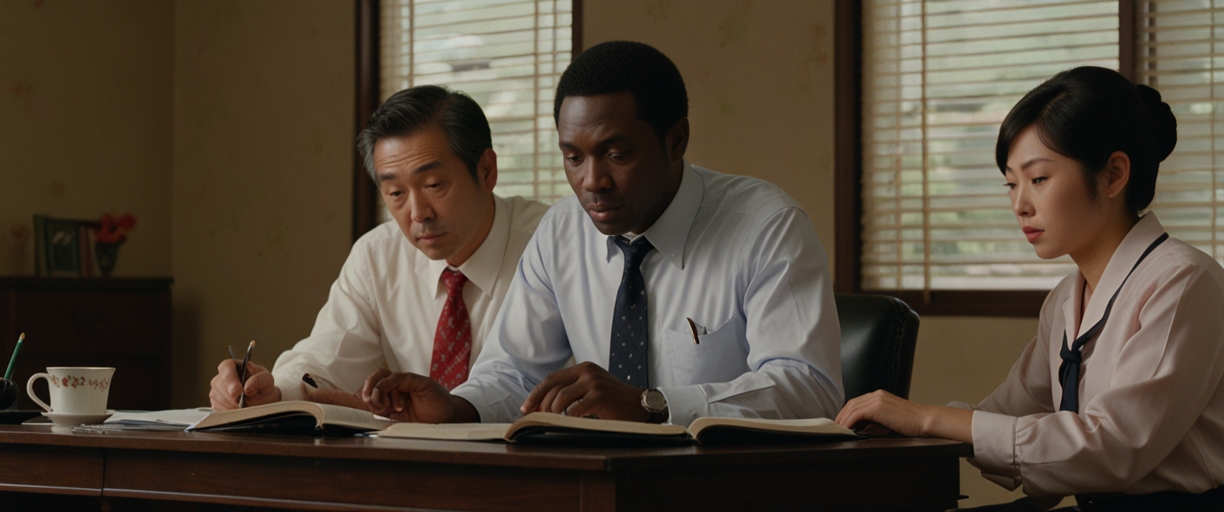👉 Just Think About This:
Society’s Approach to One’s Opinion
( Trends): ↓
Modern culture champions the belief that “everyone is entitled to their opinion.” Unfiltered self-expression, personal storytelling, and subjective experiences are often elevated above objective truth or established authority. There is a growing resistance to hierarchy and structure, with people encouraged to “speak their truth,” regardless of accuracy or consequences. This promotes a mindset where individual expression is seen as equal to—or more important than—tested wisdom or communal standards.
The Church’s Adaptation
(Examples & Theological Stances): ↓
In some charismatic or progressive church settings, this societal mindset shows up as a free-for-all approach to participation. Congregants may be invited to share personal revelations or opinions during worship, even when these are untested or theologically questionable. Movements such as those influenced by The Freedom Diaries (Mark Holloway) have been criticized for promoting subjective, unverifiable spiritual experiences over the authority of Scripture. This can lead to a dilution of doctrinal clarity and a blurring of biblical boundaries.
The Biblical Mandate
(Scriptural Guidance & Traditional Interpretation):
Worship services are to be conducted in an orderly way, under the guidance of biblically qualified elders (Acts 20:28). All teaching and spiritual contributions must be tested against the unchanging standard of Scripture (1 Thessalonians 5:21; Titus 1:9). The Bereans were commended for examining everything by the Word (Acts 17:11). The church is called to uphold sound doctrine, not to elevate personal bias, feelings, or revelations above God’s revealed truth.

